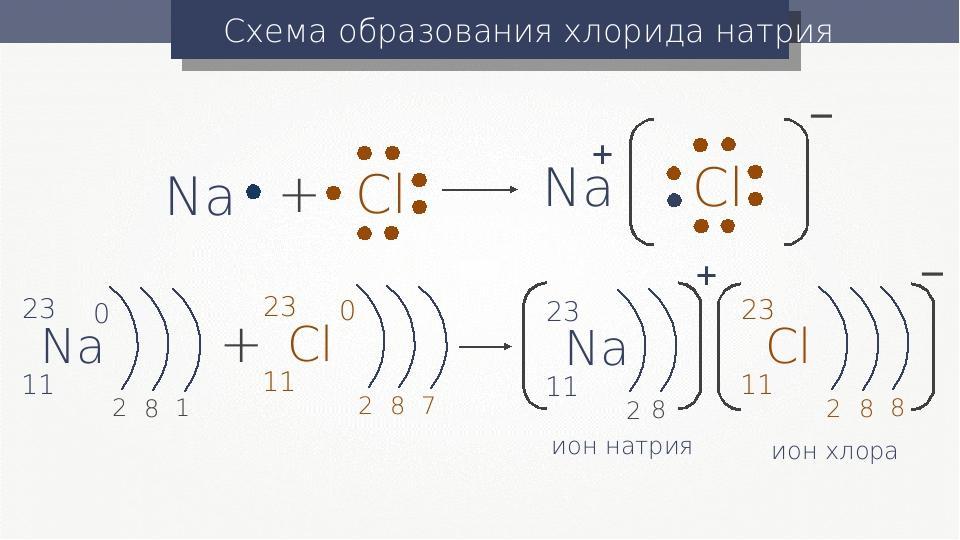Предмет: Химия,
автор: krodomsadtor123
Составьте схемы образования химической связи в соединениях: хлорид натрия. хлороводород.
Ответы
Автор ответа:
1
Ответ:1111111111111111111111111111111111
Приложения:


Похожие вопросы
Предмет: Русский язык,
автор: Аноним
Предмет: Українська мова,
автор: Филип12
Предмет: Другие предметы,
автор: spatsanka
Предмет: Английский язык,
автор: zhilyaeva98